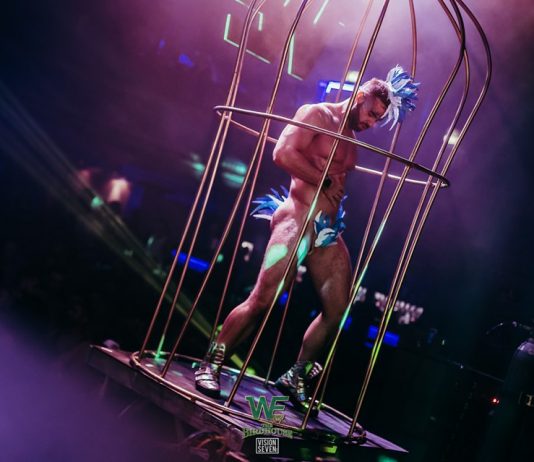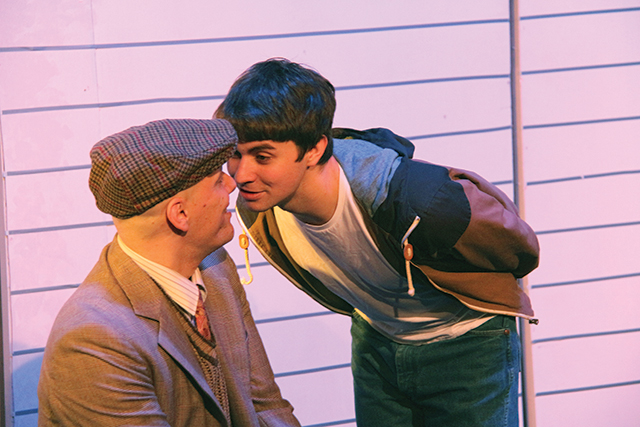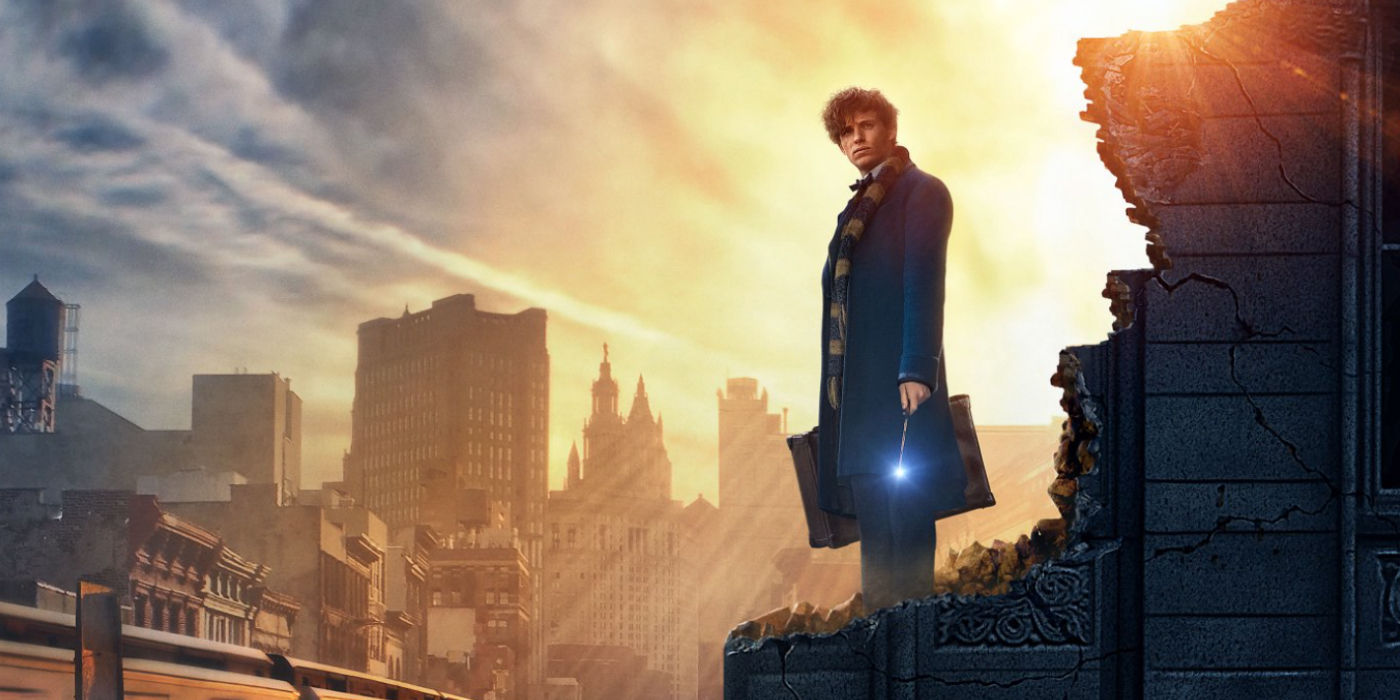Stage & Screen
- Ad
- Advertorial
- Bits & Pieces
- Circuit Parties
- Comedy
- Community
- Drag & Cabaret
- Exhibition
- Fashion & Grooming
- Festivals 2022
- Festivals 2023
- Festivals 2024
- fetish
- Gay Chat Lines 8p per min on mobile & landline
- gay saunas
- Going Out
- Health & Wellbeing
- Interview
- LGBTQ+ Community
- Longer Read
- Manchester Features
- Music & Books
- News
- Outside London
- Parties & People
- Photo Review
- Politics & History
- Sponsors
- Sport
- Sports
- Stage & Screen
- Travel
LGBTQI+ theatre and cinema features queer plays and queer films on both stage and screen. They have played a significant role in the representation and visibility of the queer community. These art forms have provided a platform for us to share our stories, experiences, and struggles. They ultimately contribute to the broader movement for LGBTQ rights and acceptance.
Queer Theatre
In the realm of queer theatre, queer-themed plays have been instrumental in challenging societal norms and promoting understanding and empathy.
Modern LGBTQI+ theatre began to emerge following the struggles of the gay liberation movement. Mart Crowley’s play Boys in the Band, a gay-themed play by Mart Crowley, was staged off-Broadway in 1968. One of the first musicals to portray a gay relationship was ‘Boy Meets Boy’, first staged off-Broadway in 1975. The musical-comedy was set in 1936 in a world that normalised homosexual relationships as if they were heterosexual.
The 1970s also saw the creation of groundbreaking queer production companies in the UK, such as Gay Sweatshop, founded in 1975. 1979 Royal Court Theatre in Sloane Square, London, staged Bent by Martin Sherman. The production later transferred to the West End. Playwrights like Mart Crowley, Harvey Fierstein, and Tony Kushner were able to bring LGBTQ stories to the forefront. They addressed issues such as coming out, discrimination, and the AIDS crisis.
These plays not only provided a voice for LGBTQ individuals but also educated and enlightened audiences about the struggles faced by our community.
Queer Cinema
Similarly, queer cinema has played a crucial role in representing diverse sexual orientations and gender identities on the big screen. The early days of queer cinema were marked by underground and independent films that explored queer themes due to the lack of mainstream acceptance.
However, with the rise of the New Queer Cinema movement in the 1990s (first coined by the academic B. Ruby Rich in Sight & Sound magazine in 1992), LGBTQI+ films gained more visibility and recognition.
Filmmakers like Todd Haynes, Gus Van Sant, and Kimberly Peirce created groundbreaking works that challenged heteronormative narratives and offered authentic portrayals of LGBTQI+ characters.
These films not only resonated with queer audiences but also helped to humanise and normalise queer experiences for wider audiences.
The impact of queer theatre and cinema extends beyond mere representation. These art forms have been instrumental in fostering a sense of community and empowerment for LGBTQI+ individuals. Creating and consuming LGBTQ-themed works provides a space for us to see ourselves reflected on stage or screen, validating our queer identities and experiences.
Moreover, queer theatre and cinema have also catalysed social change, challenging discriminatory laws and policies and promoting acceptance and equality.
Queer theatre and cinema still face challenges.
However, it is essential to acknowledge that LGBTQ theatre and cinema still face challenges and barriers. Despite progress, our queer stories are still underrepresented in mainstream media. Queer artists often struggle to secure funding and distribution for their projects. Trans artists have only recently been visible in theatre and cinema, and such appearances are still minimal.
Additionally, the portrayal of LGBTQI+ characters and narratives can sometimes be stereotypical or tokenistic, reinforcing harmful tropes and limiting the diversity of queer experiences.
In conclusion, queer theatre and cinema have played a vital role in the fight for LGBTQI+ rights and acceptance. These art forms have allowed us to share our stories, challenge societal norms, and foster community. While progress has been made, there is still work to ensure that our LGBTQI+ voices are heard and represented authentically in theatre and cinema.
The role of QX Magazine
QX magazine has been amplifying queer voices for over 25 years. We have been at the vanguard of trans visibility. We are delighted to be part of the growing movement that seeks to ensure that queer stories from all corners of our community are heard on the stage and screen and shared with the broader community.
You can visit the pages below to see some of the latest queer plays and films that we have highlighted.















